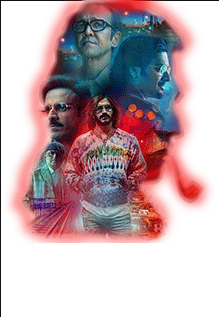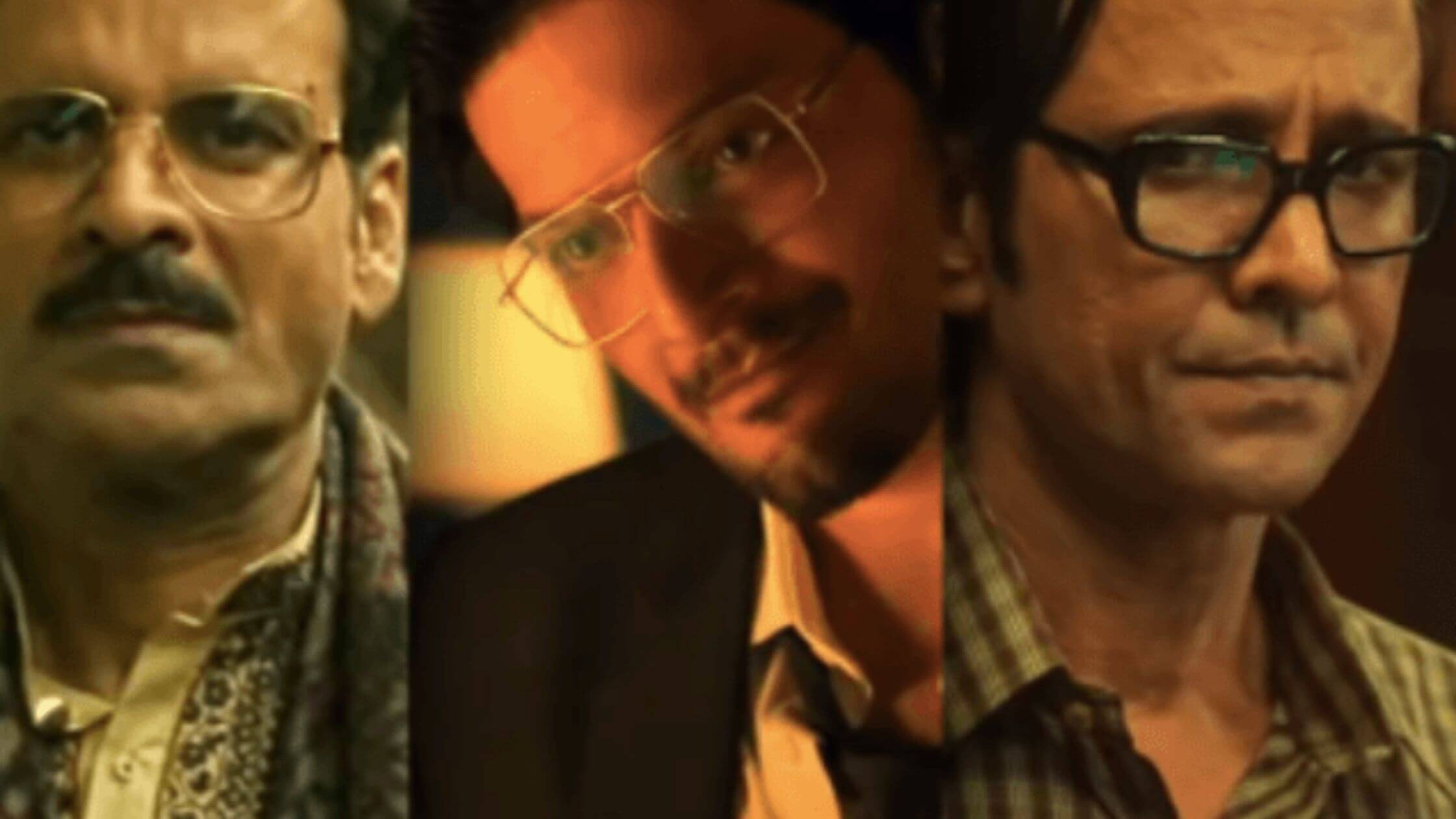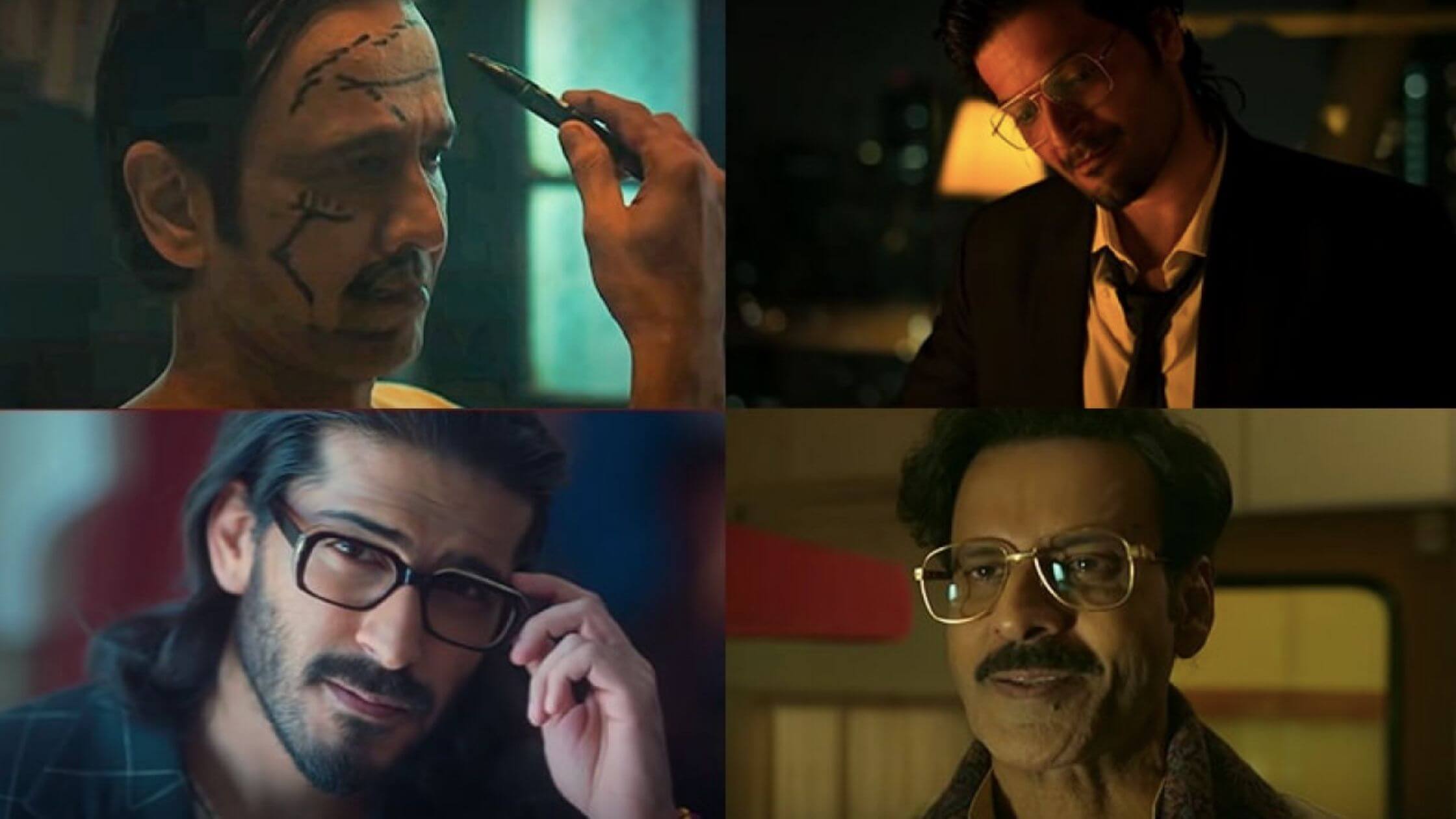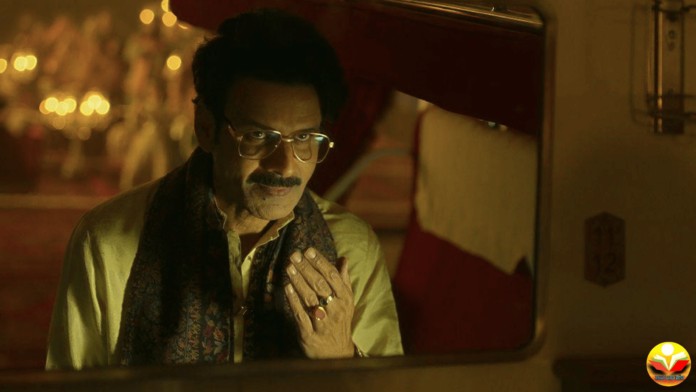Anyone who uses Ray’s ideas will necessarily spark strong reactions. Perhaps the authors of this collection were well aware of this fact when they undertook the challenge of reinventing the well-known stories of a revered master storyteller. Satyajit Ray’s empathy and effortlessness in depicting people’s vulnerabilities are alienated in Netflix India’s Ray, which attempts to intellectualize him via a contemporary lens. In its latest anthology, aptly titled Ray, Netflix attempts to fall in love with the auteur’s short stories. Ray promises a realm of cinematic paradise, thickly filled with captivating stories and unforgettable performances. The four pieces in distinct settings create disparate moods but are of a kindred spirit in the blurring of lines between weird and chuckle-inducing quirkiness.
Ray was supposed to contextualize the much-celebrated man and his ideals surrounding a chaotic Bengal of the 1960s and 1980s when the state was caught between the convulsions of liberalization and communist. Our current times aren’t exactly a bed of roses, either (which may explain why creator Sayantan Mukherji felt a connection with Ray’s way of thinking). Like his literary contemporaries, such as Russian novelist Anton Chekov, Ray was known for his resistance to taking sides with individuals or beliefs. There were no real heroes or villains in his writings, no straightforward winners or losers because he was more interested in the complexly human. Ray does not employ the auteur’s insightful narrative to call out privilege, nor does he question social mores to offer an alternative viewpoint.
Despite his repeated denials that he made pictures to “change the world,” Ray was at the forefront of a revolution that he unwittingly sparked. His stories may have been classical, and his characters may have been complexly defined, but the director never had an all-forgiving attitude toward his characters. Even though his most heinous characters are always allowed the opportunity to talk and opine freely, it is this exact freedom that exposes their moral worthlessness. The primary protagonists in Netflix’s version, on the other hand, are constantly battling a misguided sense of villainy.
Forget Me Not
Forget Me Not begins with this problem: Ipsit Nair has no recollection of Rhea Saran (Anindita Bose) or having had a fling with her on his 30th birthday. Is she a vampire or a vamp? Is it possible that he’s suffering from retrograde amnesia? This dilemma is at the essence of the entire story. But then there’s a twist, and the Devil, as they say, is in the details. The premise of Forget Me Not is intriguing, yet the ending revelation maybe a touch too convenient for its sound. If such was the case, the resolution process should have started far sooner. It does, however, set the tone for the remainder of the series.

Hungama kyu hai Barpa
Hungama Hai Kyon Barpa, directed by Abhishek Chaubey, is the cleanest of the bunch. It begins when Musafir Ali (Manoj Bajpayee), a renowned singer and Shayari practitioner, boards a train and encounters a stranger named Baig (Gajraj Rao), whose face he recognizes. Hungama Hai Kyon Barpa is a short film that stays grounded throughout. For the most part, the film avoids doing anything that may be perceived as a result of a clear-cut understanding of what to avoid. Though it has the trappings of a theatrical performance, it is far from theatrical and has a flawless beginning, middle, and end.

Behrupiya
In Bahrupiya, Indhrashish Shah (Kay Kay Menon) is a vengeful loner and an anti-hero resentful of his situation. He is the textbook case of someone who has been shunned by society. Consider a Taxi Driver. Consider the King of Comedies. Consider their clone, Joker. Wherever he goes, humiliation follows him like a shadow. Bahrupiya, my favorite Ray film, is intriguing to see not because of the revenge storyline but because of the philosophical reflections that accompany it. Though I enjoyed the concept of Bahrupiya, I wish the Devil had won, even if it did restore confidence in God. Moral tales are tedious to read.

Spotlight
Spotlight, directed by Vasan Bala and starring Harshvardhan Kapoor, who is once again made a scapegoat and the brunt of jokes about his allegedly non-existent acting talents, is billed as a satire. At least, on paper and in principle, it promises to be. However, as a film, it falls short of achieving the intended effect, even though it does contain a compelling concept: the umbilical cord that connects Bollywood and the government. However, others could argue that Spotlight isn’t quite that. The two main characters, Vikram Arora (Harshvardhan Kapoor) and Didi (Radhika Madan), the religious cult leader, can be interpreted in this way, even though it isn’t explicitly stated. The short is about the idea of a cult — of any kind — more than it is about Bollywood’s relationship with the state.

Conclusion
Making film legends more accessible should be supported, but adaptations must confirm the filmmaker’s spirit and environment. It is criminal to include only verbal or thematic references to Ray while utterly ignoring the quality of his work. Ray on Netflix is a horrible place to start exploring the auteur’s outstanding works for the uninitiated. Because the anthology itself misses important storytelling, viewers can safely skip this one.












